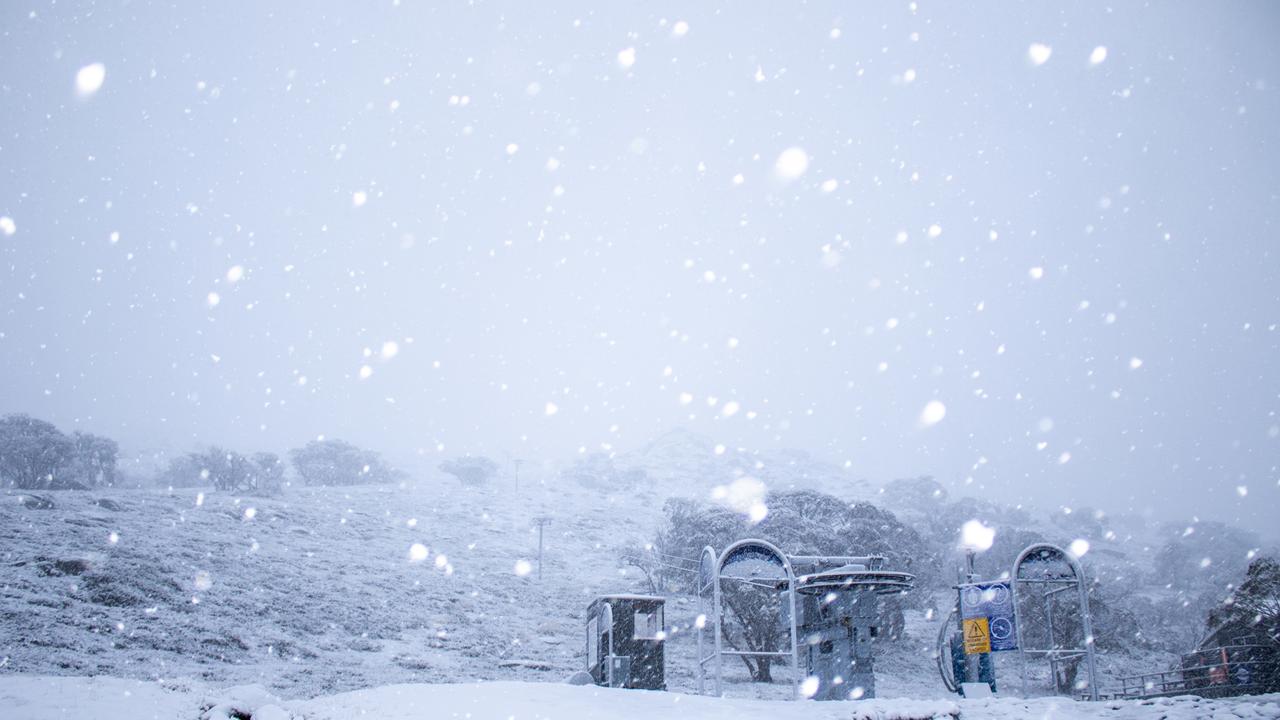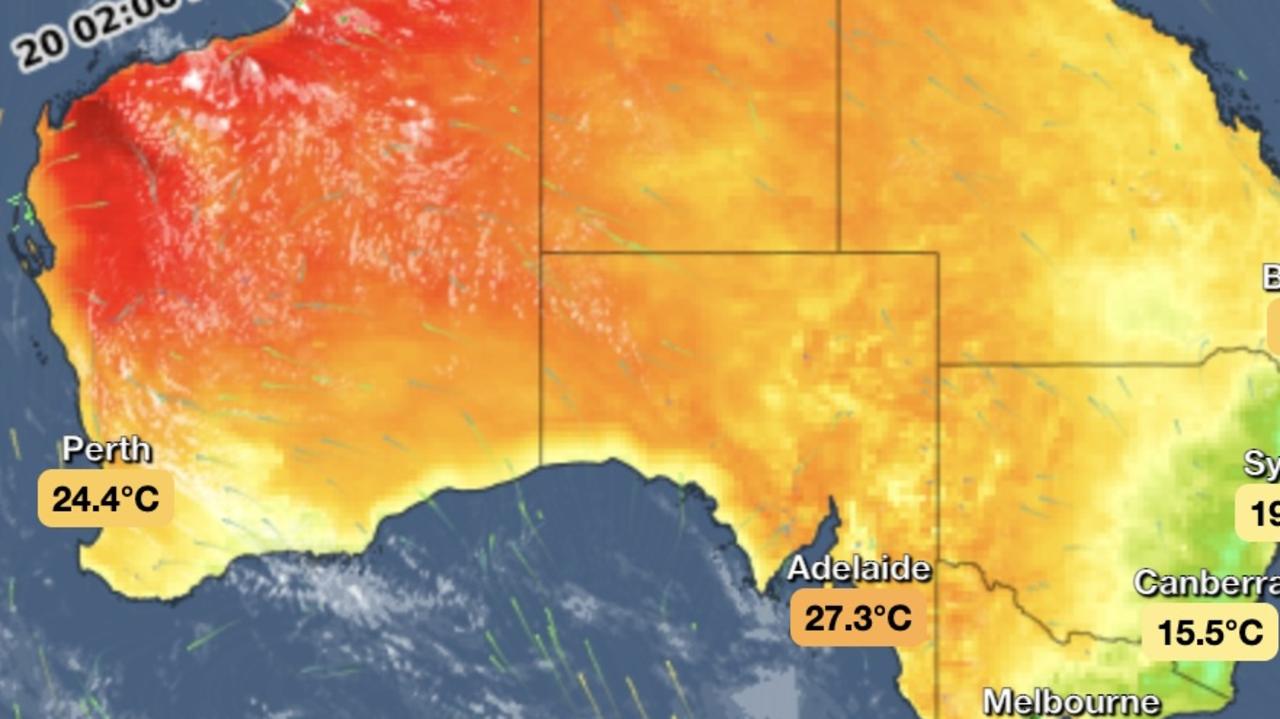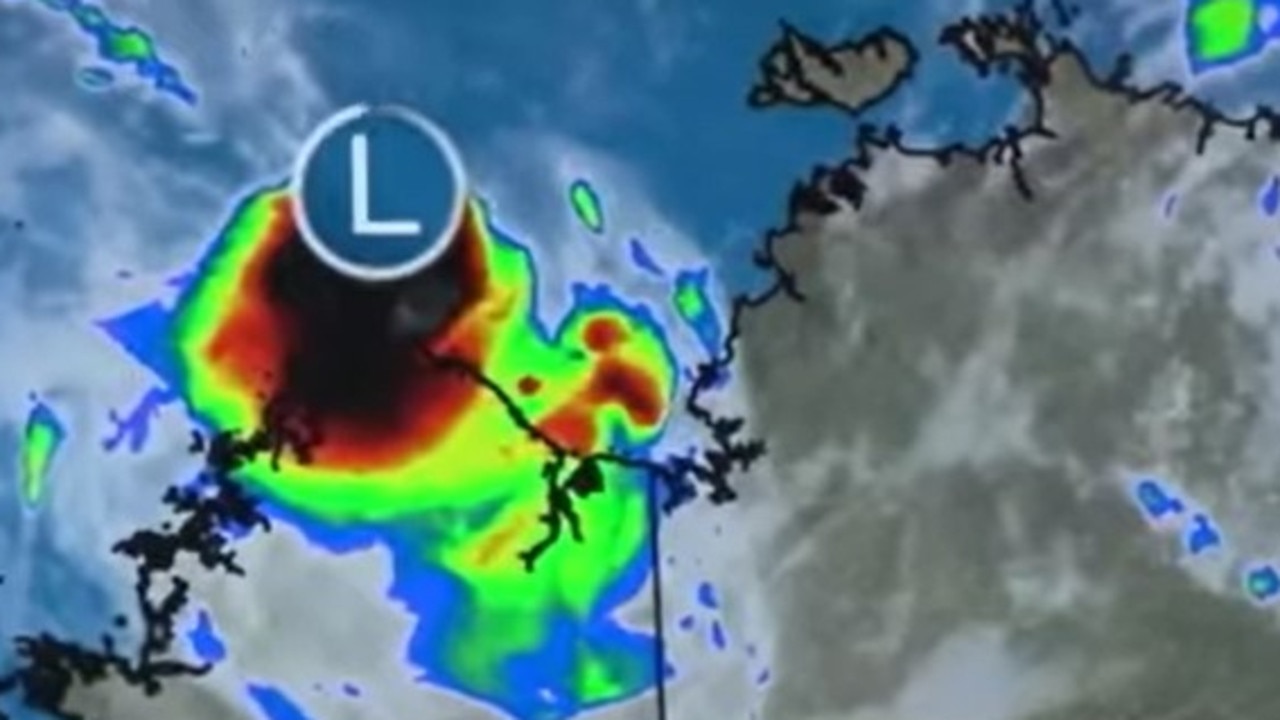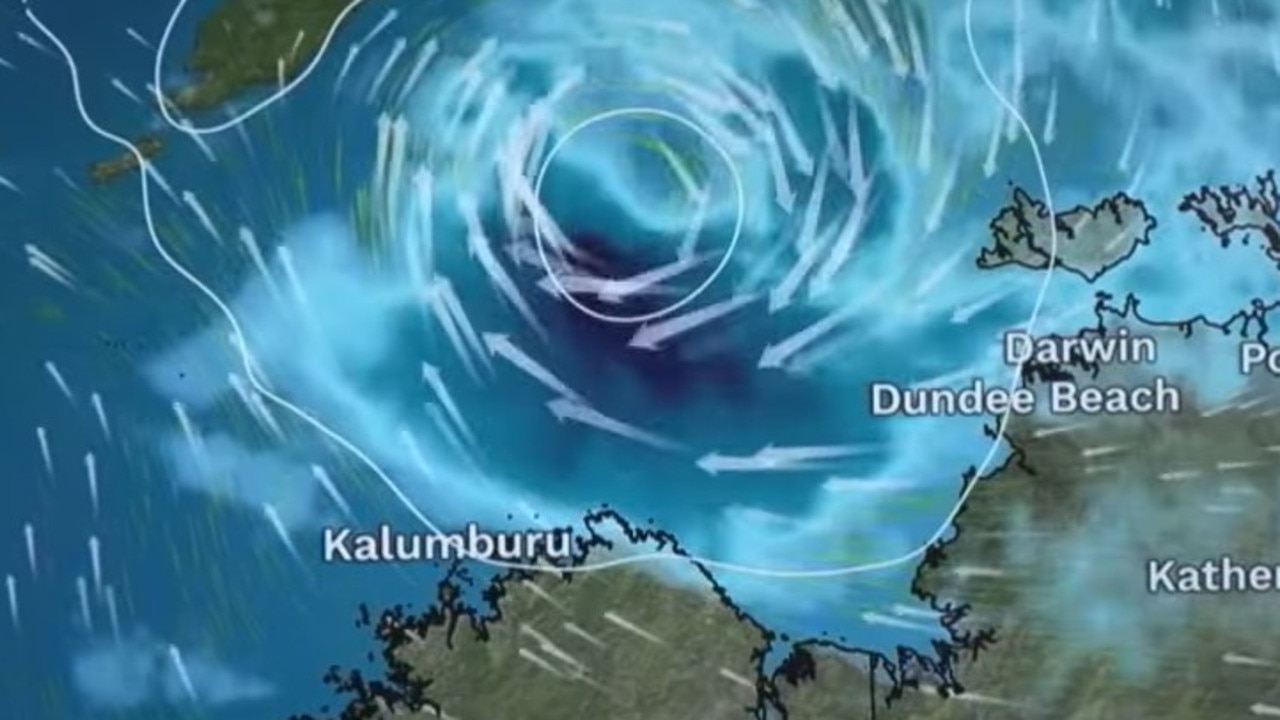NSW, SA, Victoria weather: Coldest temperatures in 60 years forecast
A complex multi-centred low pressure system has converged on Australia, causing record-breaking rain in Victoria and blasting winds.

An “extremely cold” and wet week is predicted for the lower half of Australia as a large front slams into the country.
Meteorologist Dr Adam Morgan said rain, wind, snow and thunderstorms were forecast.
He said maximum temperatures could plunge between 8C-14C below average for this time of year.
“This is a very strong and widespread cold outbreak across southeast Australia, of the kind of scale we haven’t seen in April since 2008,” he said.
The Bureau of Meteorology has been watching a front moving towards the country through the Great Australian Bight.
As the cold front crosses southeastern Australia vigorous westerly winds are expected to develop.
The bureau also warned blizzards were likely in alpine areas above 1800m from Thursday evening.

Meanwhile Victoria has been pummeled by record-breaking rainfall.
The latest downpour brought Melbourne’s 2020 totals to almost 400mm — surpassing the total amount for last year.
It’s already the city’s second-wettest April on record.
The SES has received 284 calls for help in recent days, with flooding and fallen trees causing widespread chaos in the state, the Herald Sun reports.
Thick cloud is moving into the state, with heavy rain already falling on the Snowy Mts and SW Slopes. Highest 80mm Thredbo, Long Plain 53, Tooma 37, Batlow 33 and Albury 31.
— Bureau of Meteorology, New South Wales (@BOM_NSW) April 29, 2020
More rain in the SE including the chance of storms and heavy falls.
Forecast: https://t.co/MLcHfndyvn pic.twitter.com/5Mf8tzcnWI
On top of rain, Mr Morgan said, it’s to be “cold, really cold, with strong winds, small hail and snow to low levels. And it won’t be until early next week until we see any respite”.
Today is set to be the coldest day, with parts of northern South Australia, northwest NSW and southwest Queensland forecast to record their coldest April day since the 1960s or 70s.
That’ll be followed up in some parts on Friday when the mercury dips the lowest it has on a May day since 2000.
The mercury is expected to plunge to 8C in Melbourne tomorrow with up to 15mm of rain.
Sydney could drop to just 8C. Meanwhile Brisbane will see the minimum fall to 9C on Saturday.




